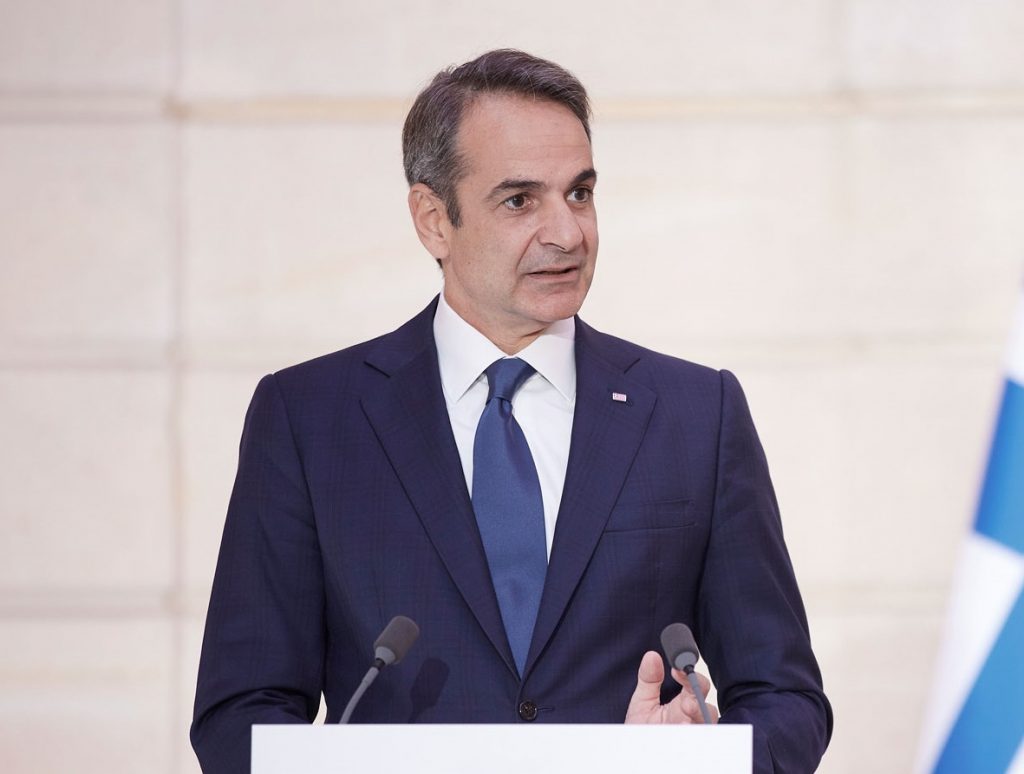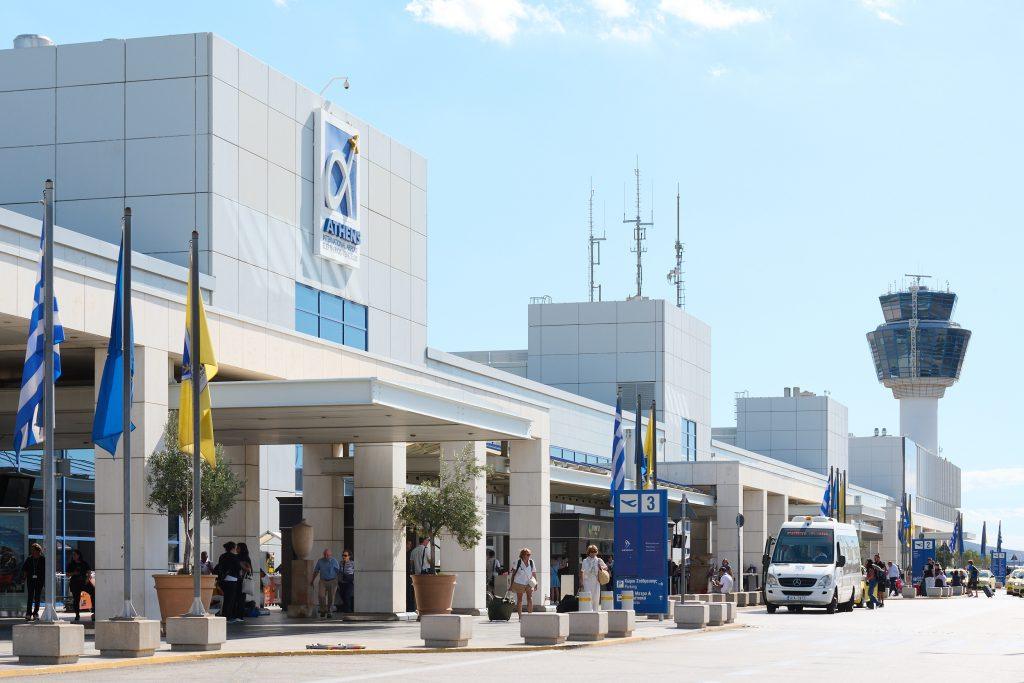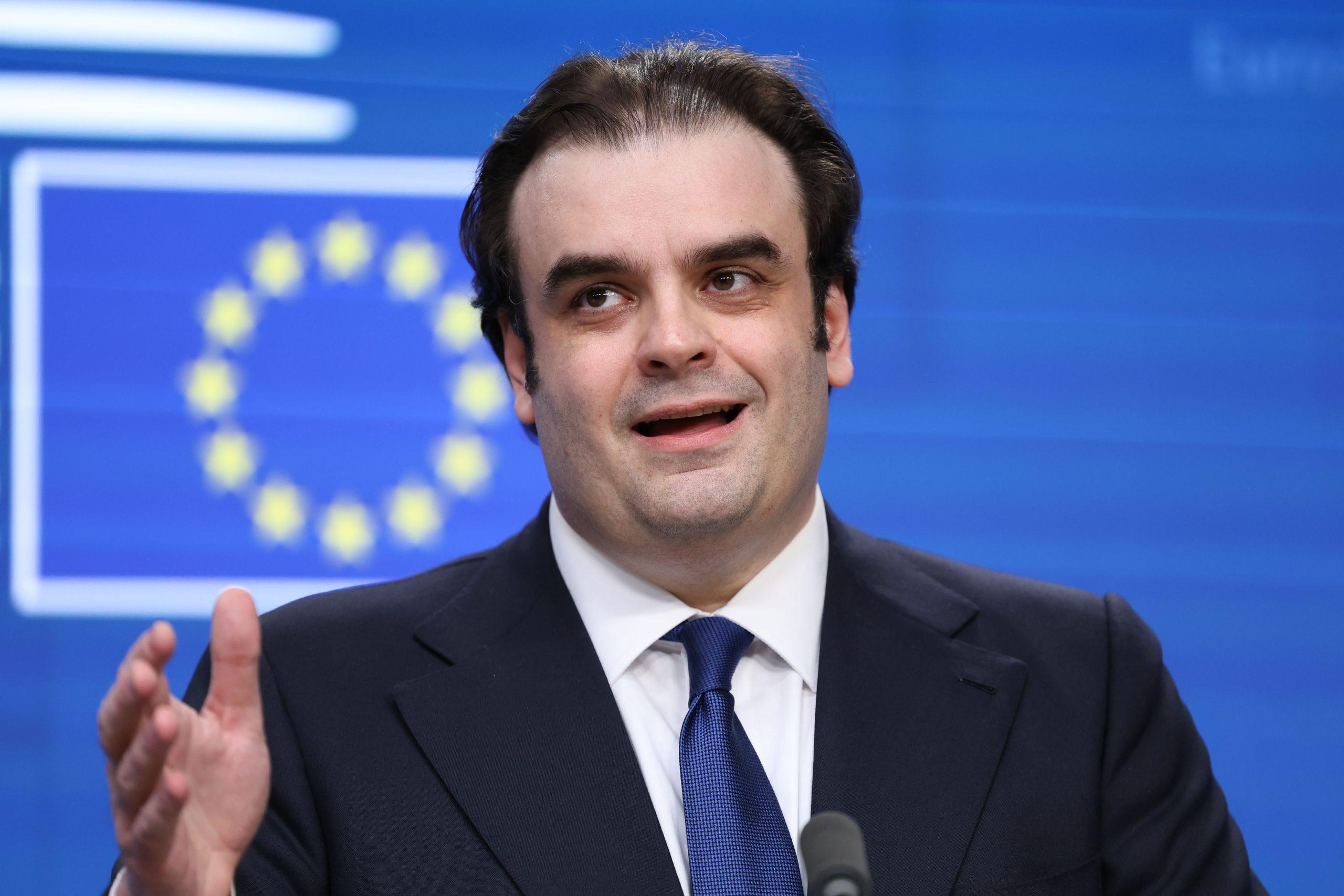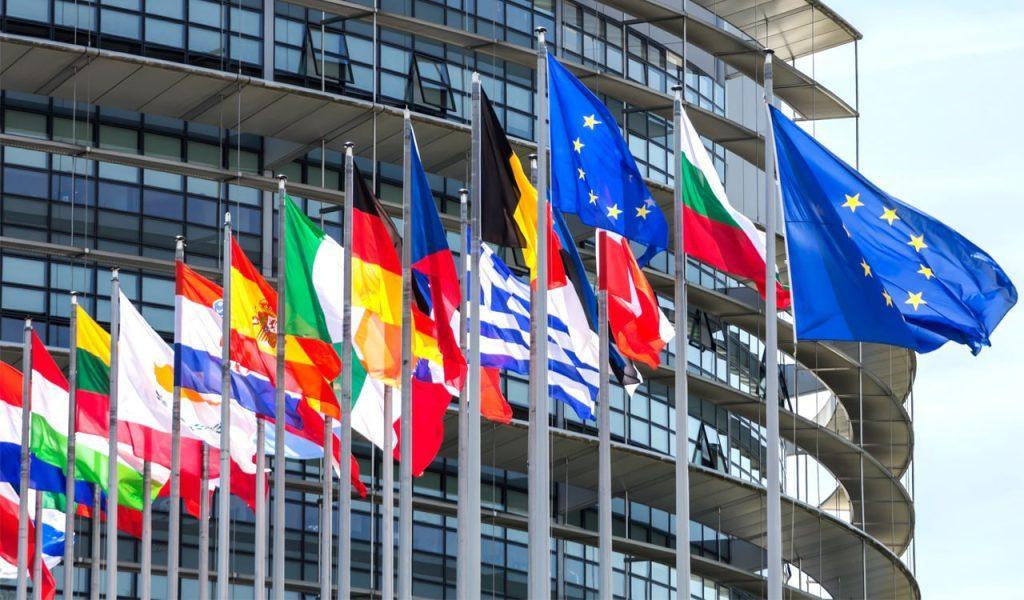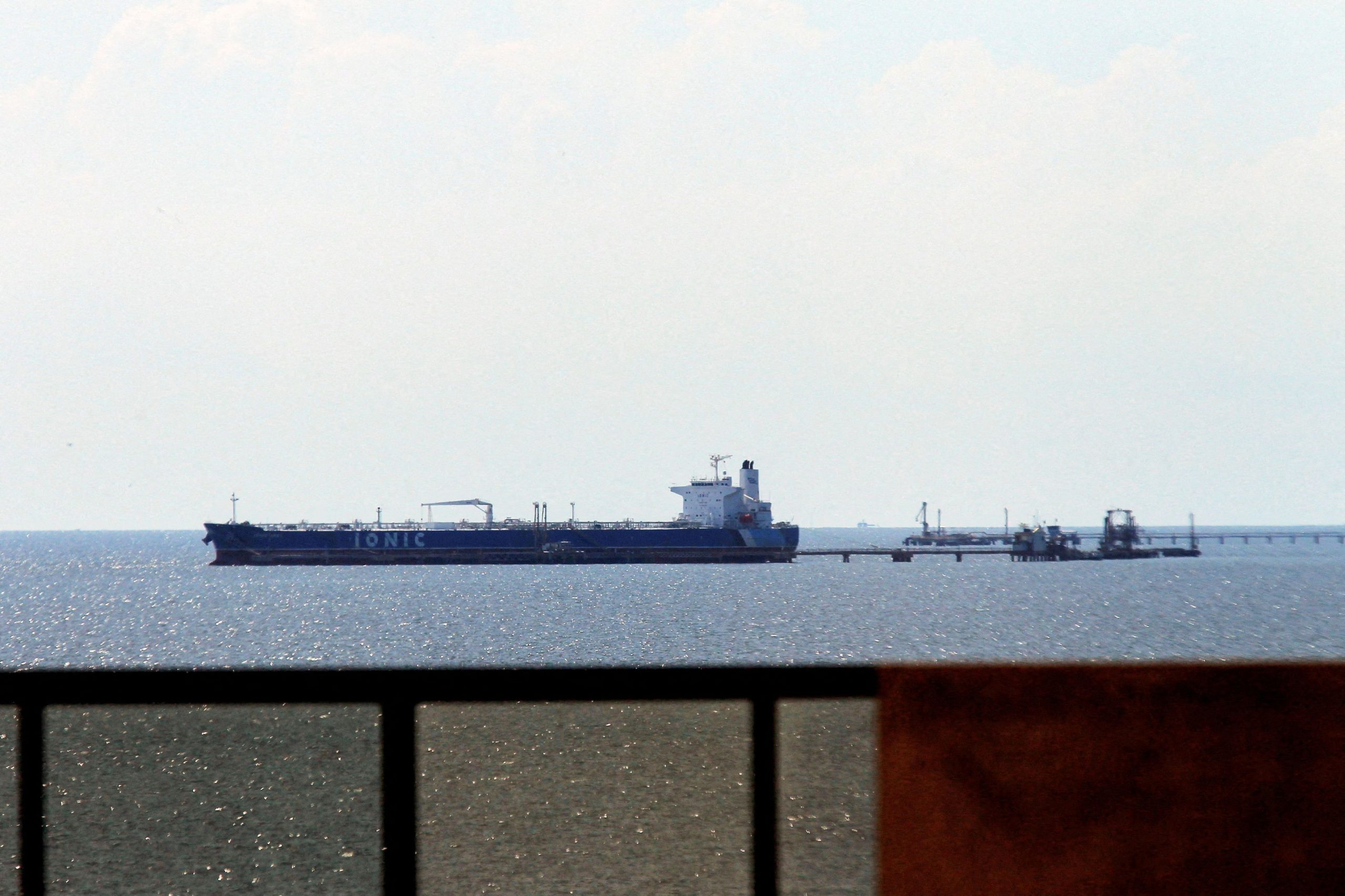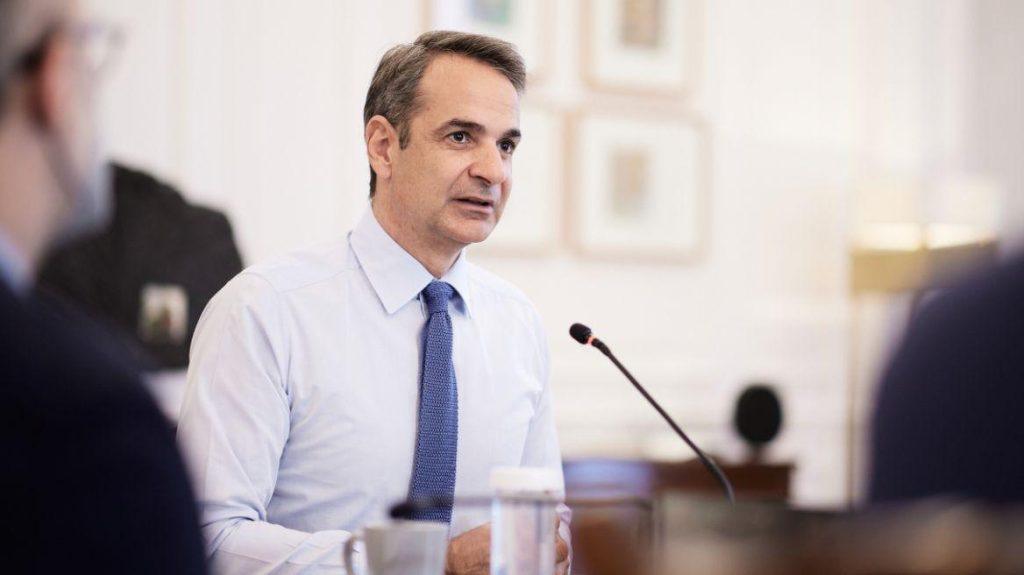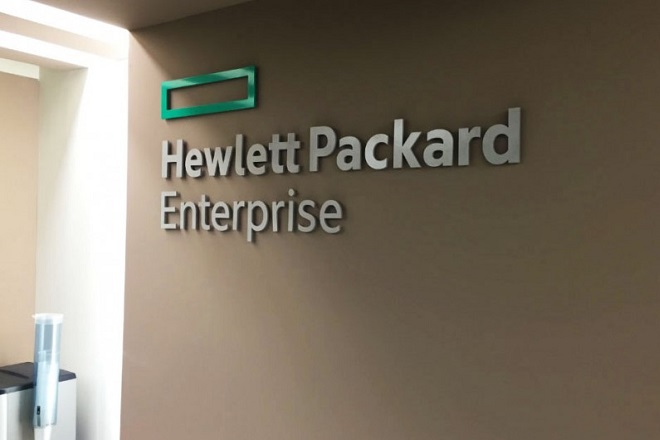Few managers in Greece have as much recognition and exposure as Nikos Stathopoulos. Especially if we consider that in the «very private club» of equity funds, managers usually choose to work without much publicity.
In fact, one often sees that the higher the financial stakes, the lower the visibility. After all, if you manage such large sums, you are usually focused on your job and not on promoting yourself.
After all, when the sheer power of money speaks, what need is there of the power of image? Unless, of course, you also need the power of an image to cover ‘positions’ in which you are more ‘open’ than you would like.
In any case, Nikos Stathopoulos seems to have secured the characterization of the «charming guru of investments», as a journalist once called him.
From a very early age his name became associated with big projects and big acquisitions, he found himself at the top echelons of BC Partners and created the image of an expert deal maker, a guru of – at least in Greek terms – mega deals. Of course, the correct use of public relations (and the companies that provide the corresponding services) and securing a promotion even on lifestyle pages also helped with this.
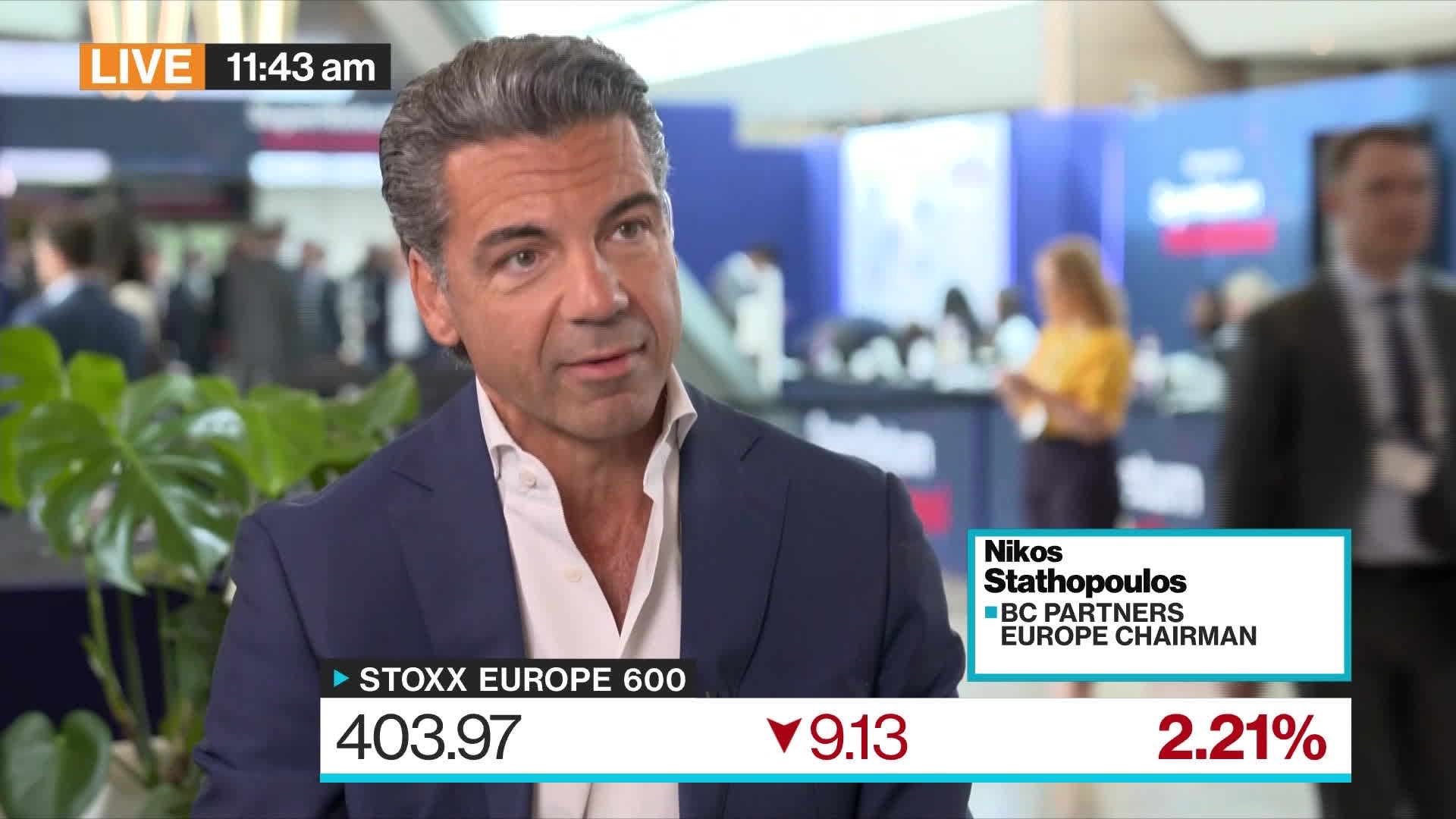
The limits of the image
Except that sometimes one needs to look behind the image, under the glossy wrap. For example, Nikos Stathopoulos often talks about the big deals he managed to close, but he doesn’t talk about the ventures that in the end ended up failing and in a mess. For example, he rarely remembers the investment he made in Parnitha Casino before walking away with hundreds of millions in losses for BC Partners investors and the loss of ownership of the iconic Grand Bretagne Hotel.
Accordingly, he has not given any convincing explanation for the change in investment strategy and the shift from mega deals with international impact and a clear international orientation to acquisitions such as that of education firm IEK AKMH or the Pet City chain.
In other words, from large international projects, we were relegated to somewhat… “provincial investments”, as he once characterized investments of this size in companies with a narrow focus on the Greek market.
To make matters worse, there are several questions as to whether the companies were also overvalued. One could say that especially in such cases, Stathopoulos moved with a rather different strategy from the one that BC Partners has adopted internationally.
Especially, in the case of IEK AKMH, the market was astonished to hear the rumored price of more than €200 million for a company which until a few years ago showed marginal profitability. Stathopoulos implies that due to his privileged relationship with the Prime Minister’s environment, he was able to know developments in relation to the institutional framework for the entry of private companies into higher university education and was quick to take advantage of the opportunity. However, market insiders report that the entry of serious foreign non-state institutions into the country will in essence limit the value of such private education providers and it is not possible under any circumstances that the government’s reform will be about equating private colleges of dubious value with Greek public universities.
Partnering with a broker from another era
To all this was recently added the way in which Nikos Stathopoulos appeared to cooperate with veteran stockbroker Spyros Bellos. Bellos even began to appear in all deals as the “exclusive” representative of Stathopoulos, even though he not only represents another, more problem-ridden era of the Greek stock market, and certainly doesn’t have experience for deals on the scale that a firm like BC Partners traditionally undertakes.
In fact, Stathopoulos’ acquaintance with Bellos dates back to the period of the sale of Hyatt Regency to BC Partners with disastrous results for BC Partners. Here we should note that there were rumors of large commissions that Mr. Bellos received for his cooperation in these investments. But neither Mr. Stathopoulos, nor Mr. Bellos agreed to answer relevant questions posed by OT.
Who controls United Group? Is there a feud with Dragan Šolak?
And of course, all the questions still remain open about the large investment he made in Dragan Šolak’s United Group, an investment with which he actually acquired the majority of the shares of the group that owns Nova in Greece, but despite everything he has allowed the minority shareholder, Šolak to act as the majority shareholder, as if the company were his own.
Even to the extent that United provide Šolak with a loan so he can buy Southampton football club.
All the time, United’s expenses continue to include Dragan Šolak’s expenses to maintain the image of a tycoon with a luxurious lifestyle, including a Learjet which he uses to move around, dividing his time between Miami and Switzerland and frequenting exclusive golf courses.
Perhaps because this arrangement allows Stathopoulos to use Šolak as a scapegoat every time he “suggests” and commits to investments or collaborations that in the end do not have a happy outcome, or proceeds to moves that are on the limits of legality and border authoritarianism such as ousting channels from the NOVA subscription platform because they dared to pursue investigative journalism.
A more recent example of an extreme reaction that resembles an attempt to silence is the cancellation of the advertising package on capital.gr, because of an investigative report that highlighted with evidence the problematic financial situation of United Group. Stathopoulos reportedly privately disapproves of this move, attributing it to Šolak, while the market knows that this practice is part of an aggressive media management strategy, by a well-known PR company working on specific instructions by Nikos Stathopoulos.
The paradox is that at the same time in various private conversations Mr. Stathopoulos is said to be unhappy with the way Šolak is managing United. He speaks disparagingly of the Serbian businessman criticizing his choices and accusing him of provincialism, of “not listening” and handling his business relations using “Balkan” methods, outdated and brutal. Nevertheless, he does not seem to be making an effort to take control of the investment, in which he holds a majority stake, especially now that Šolak’s legal troubles in neighboring North Macedonia are also coming to the fore.
However, there are reports that Dragan Šolak is also dissatisfied. The reason is that Šolak believes he was lured by Stathopoulos into investing first in Nova and then Wind at a time when United Group is under pressure due to its excessive liabilities and inability to generate a positive cash flow. Stathopoulos had allegedly cultivated expectations in Šolak that the Greek government would look positively on various investment plans, based on the good relations he claims to maintain with the prime minister’s environment.
In fact, this element, that is to say the whole feeling that he has access to the prime minister and therefore can have preferential treatment from the government, has been cultivated by Mr. Stathopoulos, although it does not seem to be substantiated in practice, and now he is exposed to Šolak for the denial of expectations.
Šolak believed that he was coming to yet another Balkan country – with all that this implies for transparency in the rules of operation of the market and the economy – and that Stathopoulos’s relationship with the government – which the latter had described as close – would be enough to secure preferential or even monopolistic conditions for his investments and he would be invulnerable enjoying absolute protection and cover. And now the Serb seems to have had a rough landing in the European reality of Greece.
All this leads to one conclusion: in the business world at some point the image one has constructed of oneself is not enough as a qualification. One’s work, their choices, their investments are those that speak. It is through these that one may judge if an image is just “smoke and mirrors” and to what extent it corresponds to reality. Because we all love a good story, as long as we know who pays the bill in the end.
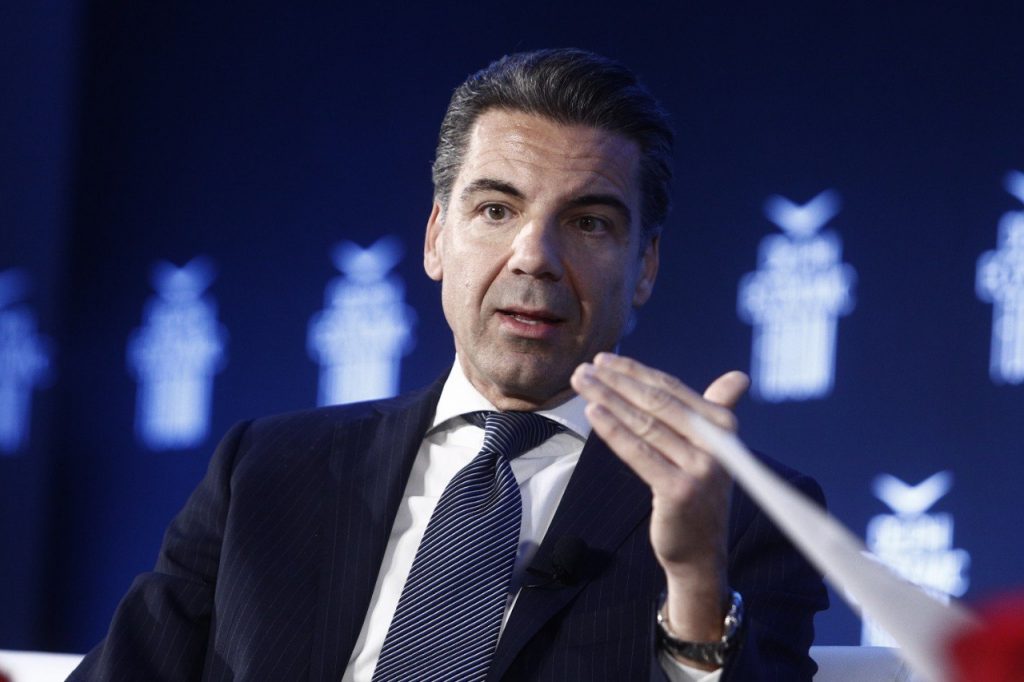













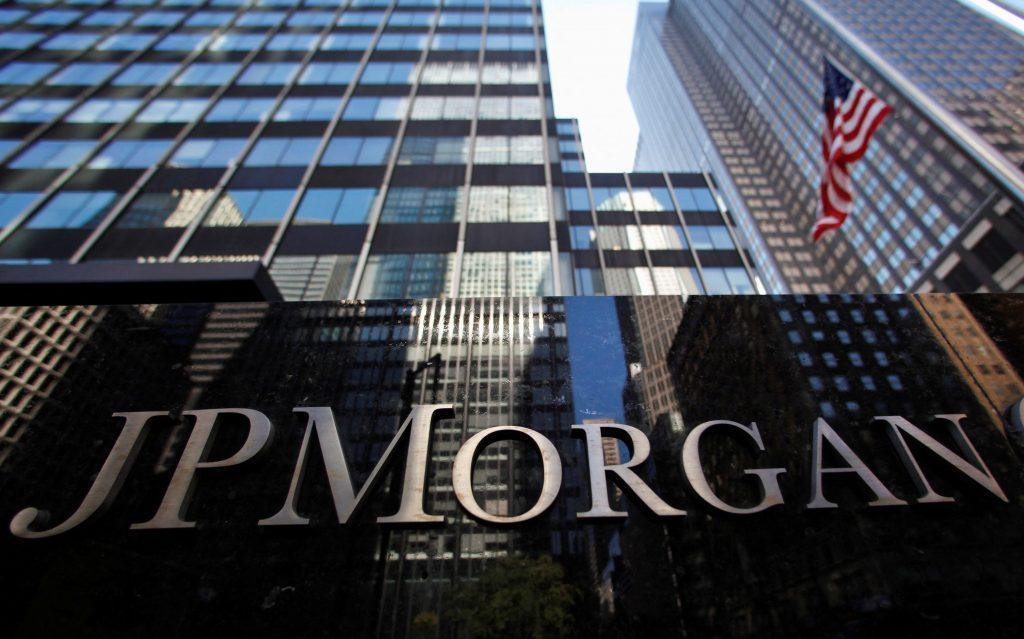
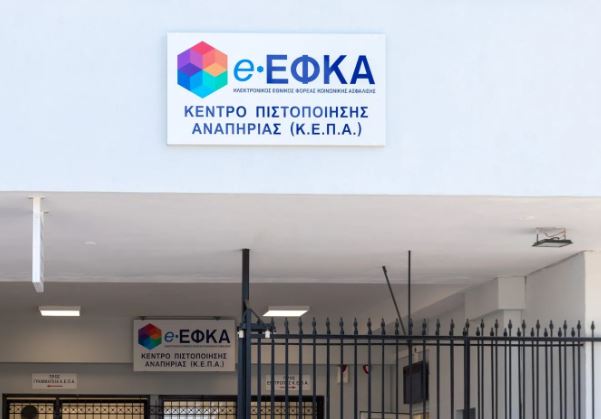


![Καταναλωτές: Ξοδεύουν λιγότερα, ανησυχούν περισσότερο [γραφήματα]](https://www.ot.gr/wp-content/uploads/2025/12/ermou-katastimata-eortastiko-orario-xristougenniatiki-agora.jpg)
